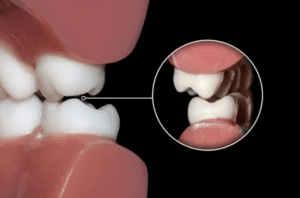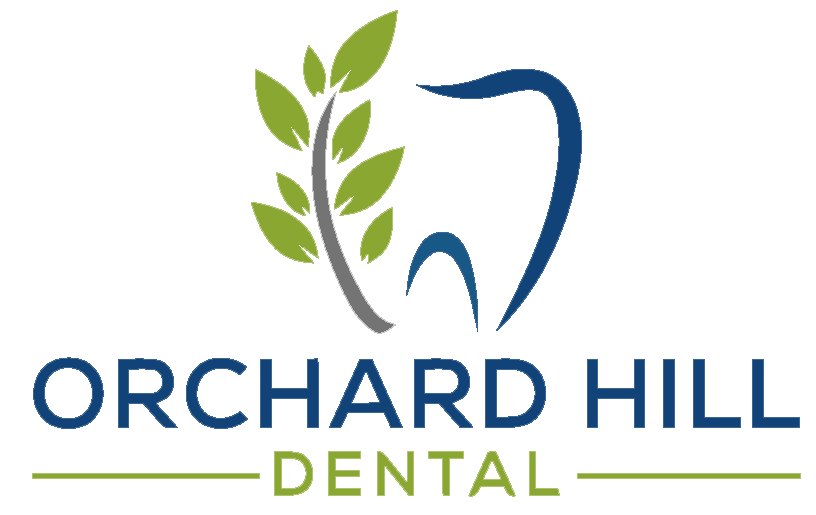Do you feel pain or muscle strain in your jaw? Have you noticed your teeth wearing down over time? Is your face sensitive to the touch? Have you recently chipped or broken one or more of your teeth?
If you answered yes to one or more of these questions, you might grind your teeth. Grinding your teeth or clenching your jaw is a condition known as bruxism. Bruxism can be a response to stress. However, there are no definite causes. Most people may not even be aware that they grind their teeth. Many patients that grind their teeth do so in their sleep.
If you grind your teeth in your sleep, you are more likely to have other sleep disorders, such as sleep apnea. Generally, most cases of bruxism are mild and may not require any treatment. However, patients who have more severe bruxism can develop more serious side effects. Unfortunately, patients may not know they grind their teeth until they begin to feel the side effects.

What Are the Symptoms of Bruxism?
There are many different symptoms of bruxism that can develop over time.
Grinding your teeth can damage the enamel on your teeth, causing sensitivity to hot or cold food and drinks. The enamel is the protective coating on your teeth that keeps the nerves and connective tissues safe. Damage to the enamel can create a series of problems, including tooth decay or infections.
Grinding your teeth places a lot of pressure on your jaw and individual teeth. The additional stress can tire the muscles in your jaw and face. You may begin to feel pressure or soreness in your face, jaw, and neck. Over time, patients can develop headaches. In addition, patients may feel a pain that feels similar to an earache. However, it is not an actual earache. The pressure and tension affect the small muscles surrounding your ears, mimicking the pain.
Constant grinding of the teeth can wear down the shape, which may need reconstructive or restorative measures later on. Teeth grinding is not limited to the damage done to your teeth. In fact, you may have indentions on your tongue or damage to the soft tissues of your cheeks.
Finally, grinding your teeth may disrupt your sleep pattern. In addition, bruxism may alter the sleep of those around you. Grinding your teeth is an unpleasant noise that can wake others, keeping them awake.
Effects of Grinding Your Teeth
As you grind your teeth, you slowly wear away the enamel, potentially increasing the risk of tooth decay. Over time, the natural shape of your teeth can wear down. Teeth designed to grind and chew will flatten, making them ineffective. Unfortunately, flattened teeth will require crowns or dental implants.
The additional stress from bruxism may affect your jaw joint. TMDs are disorders that affect the temporomandibular joint (jaw joint). TMDs can cause a popping or clicking sound in your jaw. While most cases are mild, extreme cases of TMD can cause your jaw to lock in place. At the very least, it can cause pain and discomfort in your jaw, neck, and head.
